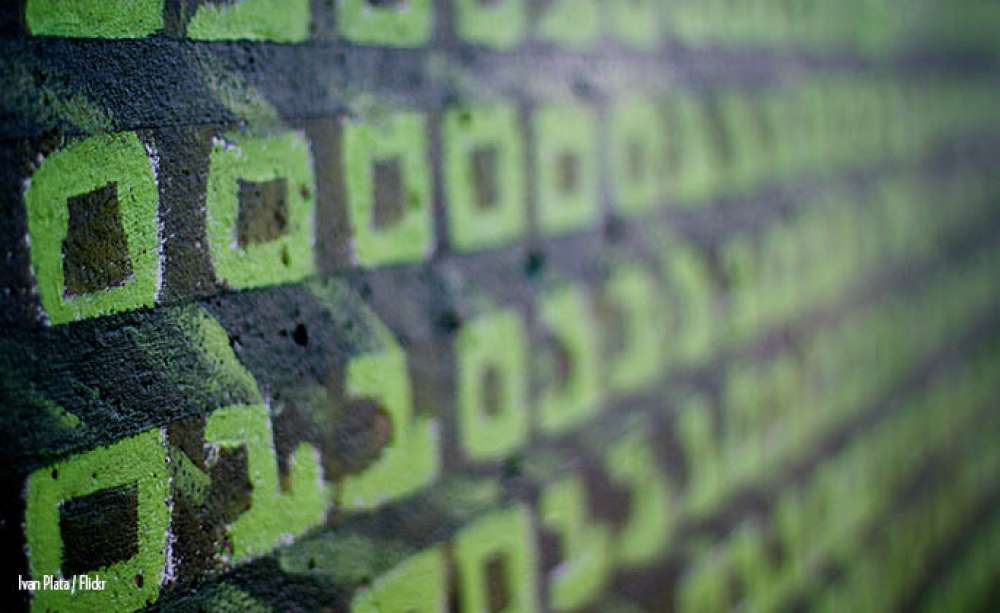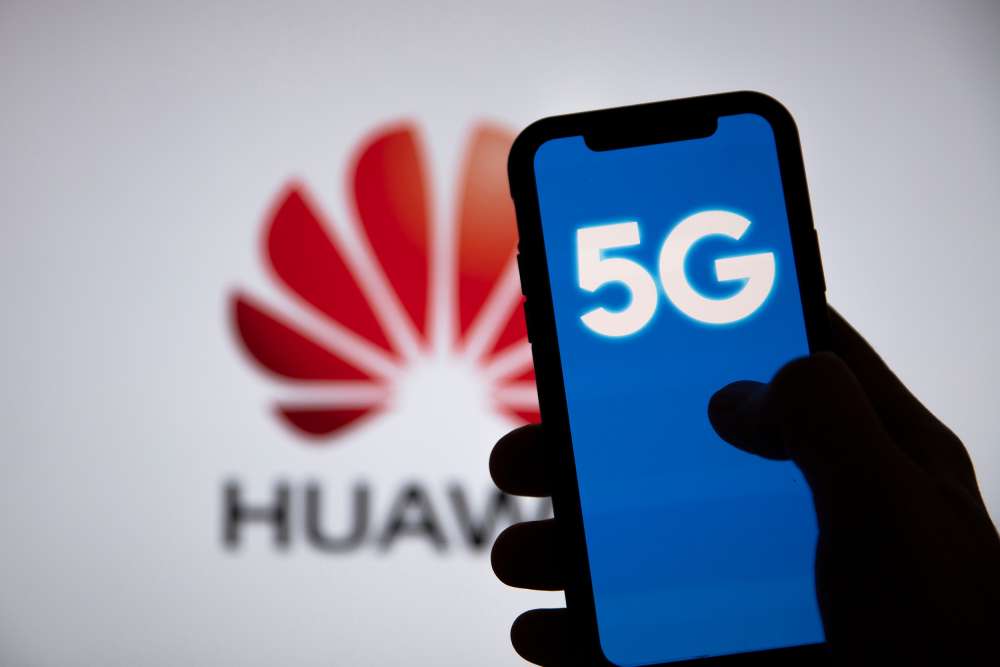The Web at 30: What’s the State of Internet Governance?

Before we talk about the current state of internet governance, let’s start with some important basics. Could you clarify briefly what we refer to when we speak about the Internet?
Technically speaking, the Internet is a global network of computers exchanging digital information. Yet, when we speak about the Internet, the technical definition is not sufficent. Practically speaking, it is a library, a marketplace, a public square, an entertainment venue, and any number of other things. It is also a symbol with different meanings for different actors. For example, on the one hand, it can be a symbol of global cooperation, equality and a world without borders. On the other hand, it can symbolize anarchy and lawlessness. But it also important to recognize that the Internet is not static: 25 years ago it was mainly seen as a tool for liberation and empowerment, whereas today we see it being used as a tool for repression, manipulation and social polarization as well.
Based on the first question: could you explain what Internet governance is and why it is important?
While it is quite common to think of the Internet as an unregulated space, this is of course not true. It is made possible by massive investments in physical infrastructure (e.g., fiber optic cables), which require management and coordination. Technical standards ensure that information sent from your computer arrives at its destination in a reliable and intelligible way. And policies, laws and norms of conduct are required for the applications that allow us to create and share different kinds of media – not to mention rules for the content we produce. The point is: for a massive global network like the Internet to function, many things need to align perfectly and consistently. This is why Internet governance is so important. In short, “Internet governance” is used as an umbrella term for all of the processes that influence how the Internet is managed – locally, nationally, regionally, and globally — within and across all of these different layers.
Equally important though is “how” the Internet is governed. Embedded in the original idea of the Internet is the concept of multi-stakeholderism, namely that no single actor should have a leading role in governing the Internet. In effect, this means that governments, international organizations, companies, civil society, and the technical community have all played a role in – and wielded different tools for – governing the Internet. Yet, it has become very clear that we cannot take this model for granted. There have been consistent efforts to increase governmental control at the expense of other stakeholders. A good example of this were the efforts to shift control of ICANN, the non-profit organization responsible for managing the Domain Name System, to the International Telecommunications Union at the UN. This tension between the multi-stakeholder model and more intergovernmental control represents one of the key battlegrounds in Internet governance.
In the past, the so-called free and open Internet was the central approach to runing and also governing the internet. What does a free and open internet imply, and why is this approach important?
“Free and open” suggests that information should flow freely across networks with no limitations, that everyone should have equal access to the Internet, and that people should be able to use it in any way they see fit. Implicitly, it also entails a ‘hands-off’ approach that precludes too much government intervention into the Internet’s management, development and regulation. This approach was critical for allowing everyone and anyone to explore the entire realm of possibilities that the Internet could offer. It also played a key role in the Internet’s astonishing growth, its role as an engine for economic growth and international trade, and as a platform for exercising human rights such as the freedoms of speech and assembly.
Of course, this does not mean that we shouldn’t regulate the Internet. Times have changed. As we have seen, free speech can turn into hate speech and free trade into international cybercrime. Such developments, as well as cyber security threats, call for governmental regulation. Nevertheless, there is a balance to be found between this ideal of “free and open” and ensuring that the Internet is a secure place where human rights are protected. This is a challenging task, all the more so as this balance has to be constantly reevaluated due to the speed of technological developments.
What are the current challenges for a free and open Internet approach?
It’s important to recognize that the original idea of a “free and open” Internet is, to some extent, flawed. As the importance of the Internet has grown, this idea has been slowly chipped away. It is not so surprising or even regrettable that the Internet has become more regulated – this is essential to ensure that the rights we enjoy in the physical world are also protected in the virtual one. The problem is more one of framing. In a recent paper, colleagues of mine called upon Western governments to explain more clearly how and why current regulatory interventions are compatible with the idea of a “free and open” Internet. So the point today is to talk again about what “free and open” means in the face of cybercrime, fake news campaigns, hate speech, and other challenges This also implies developing a compelling democratic vision for the Internet. Only then will the West succeed in convincing other states of the attractiveness of this model. This all leads to what is probably one of the most critical challenges to the free and open model, namely the possibility that the Internet will become increasingly fragmented as a result of the conflict between a democratic and an authoritarian philosophy of Internet governance. By this I mean the trend that the Internet experience will be different depending on which jurisdiction you are accessing it from. In China and Russia, governments not only control information flows into and out of the country, but are also using the Internet as a tool for subjugating any form of opposition. Perhaps even more concerning, in a direct challenge to the free and open model pursued by democratic countries, we also see them promoting this authoritarian approach to Internet governance abroad. This clash of Internet philosophies is and will continue to be a key battleground in Internet governance. It puts the impetus on democratically-governed states to more effectively promote the free and open idea.
So far, fragmentation has mainly occurred on the Internet – in the form of the regulation of content through, for example, censorship, distribution of misinformation or, in the case of overturning net neutrality, the erosion of the principle of equal access. While this is problematic in many ways, I would find it even more concerning to witness a fragmentation of the Internet, namely the splintering off of different physical and logical layers that currently allow for network interoperability. Such a fragmentation would eliminate the global “network of networks” and replace it with a kind of multiverse of local, national or regional networks with no information flows between them. I would see this as a catastrophic outcome.
Germany will host the Internet Governance Forum at the end of the year. Can you briefly explain why this forum is so important with regard to the future order of the virtual space?
The Internet Governance Forum (IGF) is an annual event for sharing information and discussing key Internet issues. Importantly, it provides an open, global arena for all interested stakeholders to discuss issues that are important for the future of the Internet, be they economic, social, political, or technical. While it does not possess any legally binding mechanisms, it provides decision-makers and users across the globe with the information and inspiration they need to effectively play their part in ensuring the functioning, stability and development of the Internet.
As such, the IGF has a critical information-sharing function in what is an otherwise nebulous Internet ecosystem. Since it allows for a free exchange of ideas between all stakeholders, it is also an important arena to address tensions between those that want to maintain the free and open principles and the multi-stakeholder governance model on the one hand, and those that are pushing for more governmental control over the Internet on the other hand. However, to become more effective in its role as a platform, the forum needs to become more inclusive, particularly by ensuring participation from actors from developing countries or from those who otherwise lack the resources to bring their voices and concerns to the fore. More equitable access and wider participation will reinforce the benefits of the multi-stakeholder model. As a host, Germany has the opportunity to support the progress of an open and free Internet, and to make an important contribution to the development of the Internet in general.
…
This interview was originally published in German by the Konrad-Adenauer-Stiftung.







